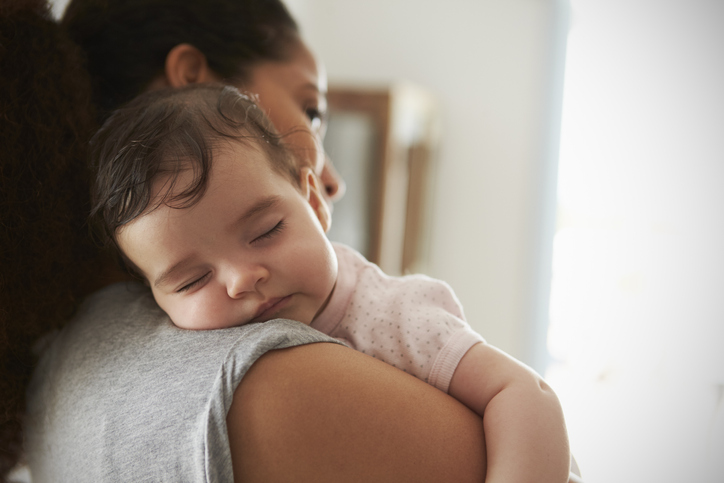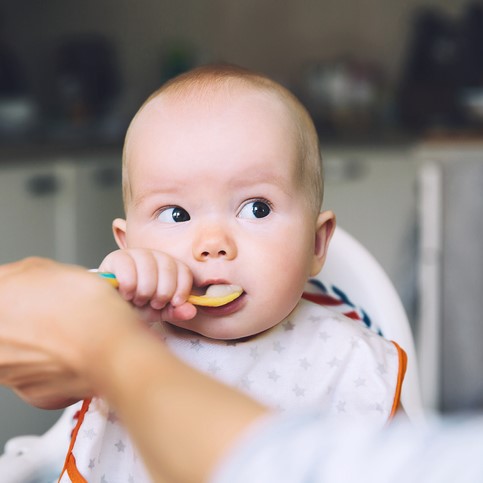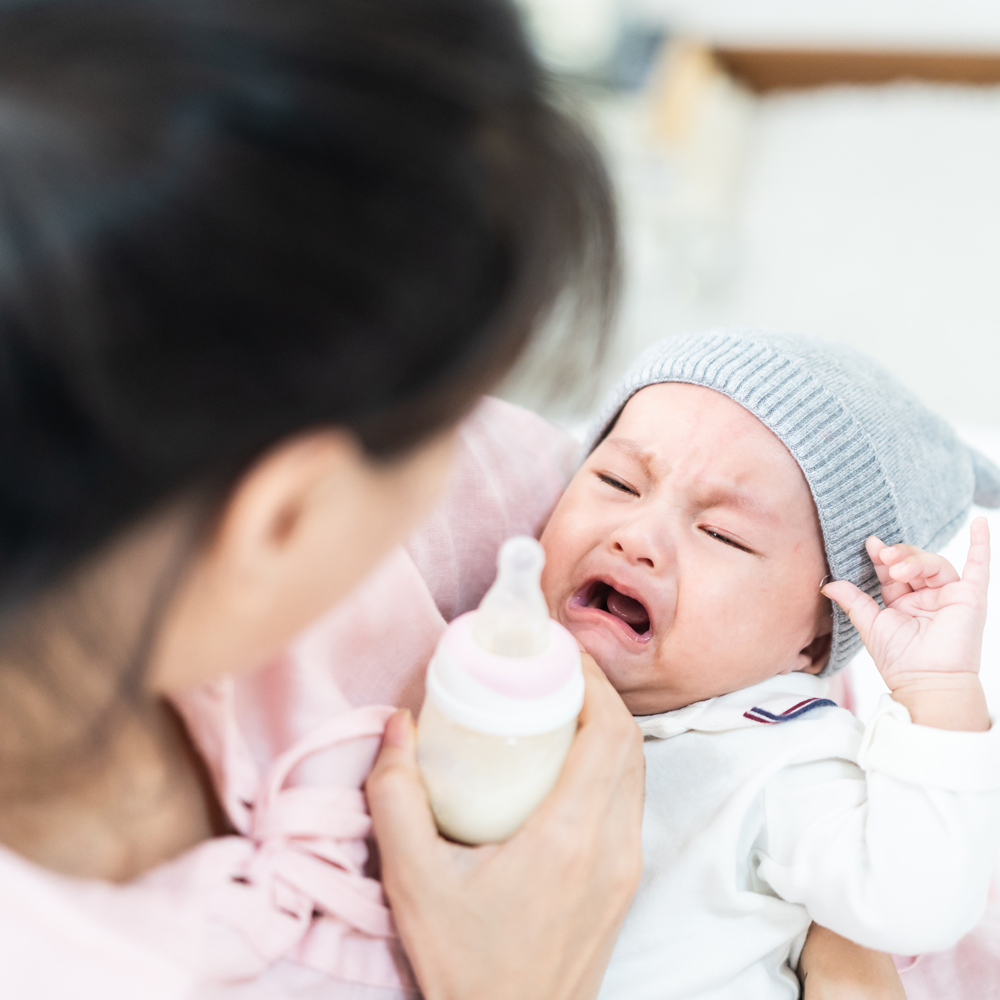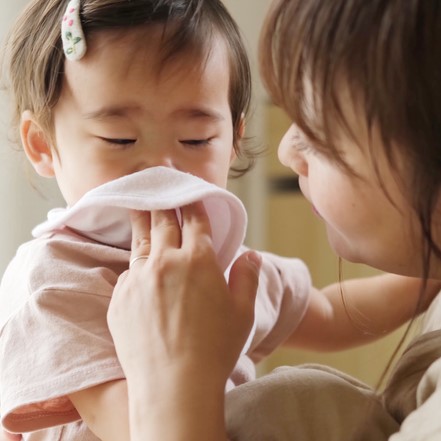A Doctor’s Advice On Caring For Your Pēpi This Winter

Passionate about helping pēpi and māmā thrive, Doctor Sophie Mace is a mum, a GP and a lactation consultant, who delivers physician-led, evidence-based perinatal support that empowers whānau.
Well known on social media where, through her practice Aotearoa Baby Clinic, she shares “helpful information to try and make your parenting journey easier and more fun”, Dr Mace is truly a blessing to parents and babies alike.
According to Dr Sophie, “difficulties with feeding, sleep deprivation, and unsettled infant behaviour (crying and fussing) can all work to undermine your confidence and intuition as a parent, and I want to change that.”
So, as we parent from the trenches in what feels like the longest winter with never ending snotty noses, we thought who better to talk to about caring for our pēpi during this time.
Kia ora Dr Sophie,
Thank you for taking the time to korero with us! First off, what is a virus, and why won’t antibiotics work?
A virus (like the common cold, flu or coronavirus) is a piece of DNA (or RNA) inside a protein “shell”. These viruses can get inside our own cells and start reproducing using the machinery of our own cells. Symptoms can develop when the virus starts damaging the cells it’s been using (like in HIV) and/or when our own immune system comes to try and get rid of it – the fever, aches, runny/blocked nose, and cough we develop with respiratory infections are all symptoms of an immune system trying to protect us.
Viruses aren’t technically “alive”, and so antibiotics are ineffective in fighting them off – they lack the protein machinery that antibiotics target (since they use our own machinery).
So, if your doctor says that you or your child has a viral infection and antibiotics won’t work, it’s not because they don’t think you’re sick – it’s just because they won’t work.
When should I give my baby paracetamol (i.e. Pamol)? Do they need to have a fever, or can I just give it if they are grizzly and upset?
They don’t need to have a fever to give paracetamol. “Treat the child, not the number” – if you think they’re in pain or discomfort from being sick you can give paracetamol.
Likewise, if they have a fever but aren’t grizzly/upset, there is no need to give paracetamol or do anything to bring down the fever. A lot of advice to parents is to strip a child down or “cool” them – we don’t recommend this unless a child is asking for it, as it can be uncomfortable and stressful and can sometimes make things worse. Again, I go with what the child seems to need – when their temperature is rising, they’ll often want help warming up, then when the fever “breaks” they may want help cooling down. Follow their lead.
Can you give paracetamol AND ibuprofen (i.e. Nurofen) at the same time? Why would you choose one over the other?
You can definitely give both. Paracetamol can be given up to 4 times a day, ibuprofen can be given up to 3 times per day, so they can be given together or off-set. Most parents seem to start off with paracetamol, and I suggest adding in ibuprofen if they’re just needing more help, or if they have a sore throat or ears as it seems to work better for these.
Ibuprofen should be avoided in chickenpox, and if your child is significantly dehydrated. It is also important to give with food.
How can I help my baby to sleep when they’re unwell?
Being unwell can cause sleep disruption for all of us, and the biggest thing is having this awareness, knowing it will pass, and continuing to respond to their needs – while being aware of our own needs and having compassion for the stuff, we probably won’t be able to get done during the day.
Many parents prefer to keep their pēpi and tamariki close to them when they’re unwell, so creating a safe bedsharing environment ahead of time can be helpful or having a parent sleep on a mattress next to their older child’s bed.
If my baby who is on solids isn’t drinking a lot of fluids / breastmilk, what else can I try?
It’s normal for appetite to decrease when we’re unwell as the body focuses its energy on fighting off the virus. Breastfeeding babies will often have smaller, more frequent feeds as a blocked nose can make it harder to feed for longer. Continuing to feed on cue helps baby to stay hydrated as well as receive lots of immunity from the breastfeeding parent. There is no need to try and get a breastfed baby to take plain water unless they’re asking for it. A pēpi under the age of 6 months who isn’t taking solids should never be given water – breastmilk or formula only.
Bottle feeding on cue, offering much smaller amounts more frequently can also help. When a child is dehydrated, we’re often only aiming for 1ml per kilo of weight every 5 minutes – this could also be done with a syringe, small cup (like a shot glass!) or a spoon.
Ice blocks can work well for toddlers and older tamariki, as can apple juice that’s been diluted with water (straight apple juice can often cause babies to vomit it up).
If you are worried about your child’s health, please contact Healthline on 0800 611 116 for free advice, 24/7.



